Culture
-
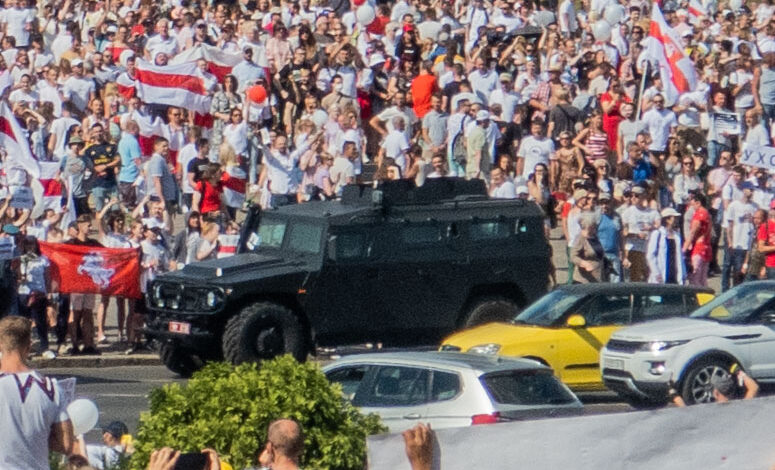
My testament | Eurozine
Growing up as a naive schoolboy in the 1990s, I was surrounded by the Belarusian language and Belarusian culture. My generation had been saturated by a wave of hasty Belarusification, and like many I saw this as something quite normal. We read in our history textbooks and were told in literature lessons about how the Belarusian people had lived and…
Read More » -

On starlings and the thermodynamics of life
A murmuration of tens of thousands, perhaps hundreds of thousands, of starlings, flying in such perfect synchrony that they look like a single, billowing, pulsing organism against the night sky: this is one of nature’s most striking sights. The biggest evolutionary benefit of moving in concert is obvious. A coherent collective serves as a deterrent, since it’s far more difficult…
Read More » -

The unstoppable solipsist | Eurozine
It is safe to predict that the second Trump presidency will go down in American history as the most divisive ever. Everything to say about its first six months has already been said: all we can do is keep track of the carnage. The most visible damage has been to the institutional infrastructure of the US itself. The devastation to…
Read More » -

The president who preached revolution
… ever since 1789, there has been one magic word which contains within itself all imaginable futures, and is never so full of hope as in desperate situations – that word is revolution. Simone Weil Ever since he took office on 7 August 2022, the Colombian president Gustavo Petro has been trying to install a new revolutionary epic narrative into…
Read More » -
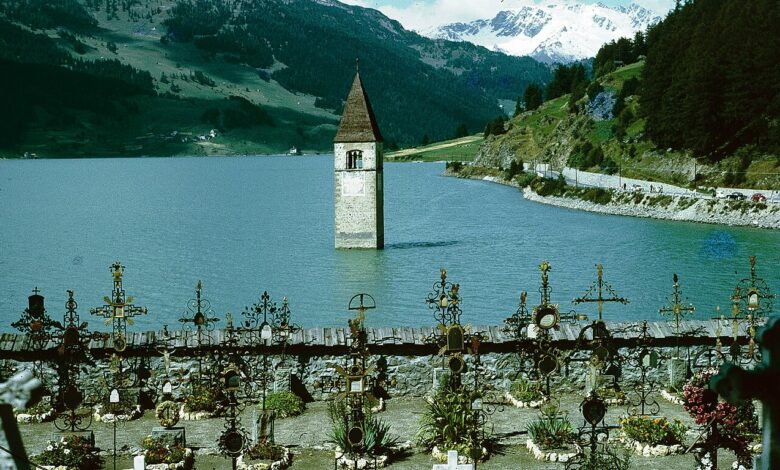
Writing on the wall, writing on the water
Cofiwch Dryweryn (remember Tryweryn). The walls exhort us in bright red and white, from Llanrhystud in West Wales to Chicago. And the writing’s not only on the wall: it’s on a sticker on a lamppost outside Camden Market in North London, on posters and mugs and car bumpers and T-shirts, all the material media you can imagine. Beyond its original…
Read More » -
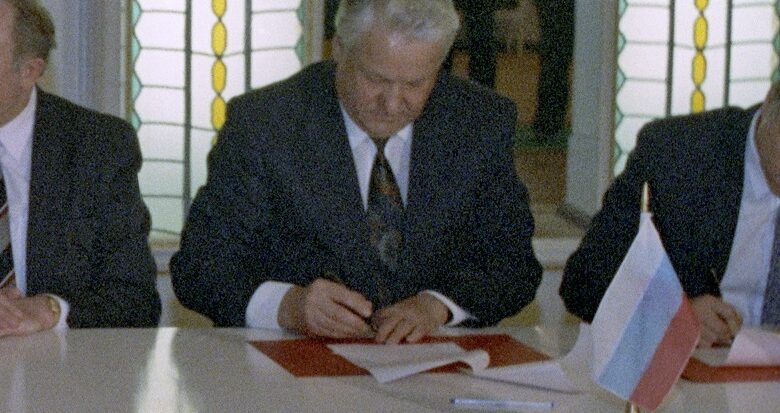
Russia’s dreams of re-Union | Eurozine
For three decades after the Soviet Union disintegrated in 1991, political science and practical politics in Western Europe and North America very rarely addressed Moscow’s efforts to ‘reintegrate’ the ‘post-Soviet space’ (i.e., the former republics of the Union of Soviet Socialist Republics/USSR). Before Russia’s full-scale invasion of Ukraine, little attention was paid to the countless calls to restore the Soviet…
Read More » -

The language that waited at the doorstep
Languages’ similarities are not rooted in a special genetics for language. They follow from culture and common information-processing solutions and have their own individual evolutionary stories. Daniel Everett, How Languages Began Nothing great can be expressed in Belarusian, it is a poor language. There are only two great languages in the world – Russian and English. Aleksandr Lukashenka, President…
Read More » -
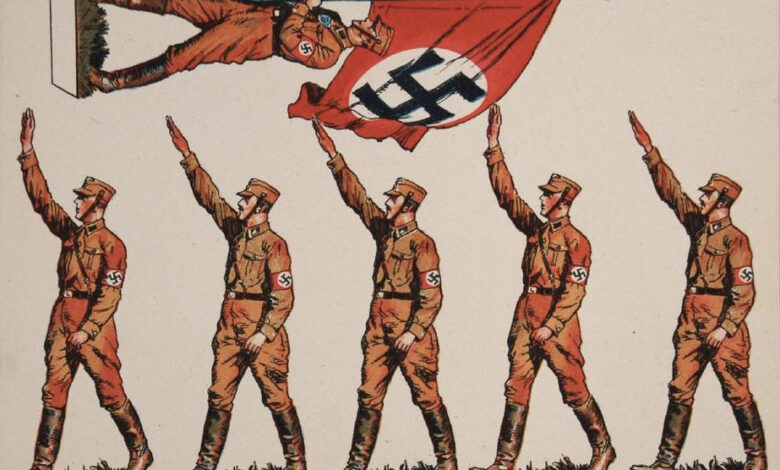
Seeds of another world | Eurozine
Ever since Donald Trump’s victory in last year’s US presidential election, there has been frantic speculation about what it is the American Right really wants. The tendency is look to the leadership for clues. Who belongs to the inner circle, really? What do they believe in? Are they globalists, isolationists, neoliberals, fascists? What do these people mean when they talk…
Read More » -

Writing is a job, not a mission
Every year in Poland we ritualistically lament the country’s low-level readership, but we are yet to see the state take any meaningful action. What are the consequences of this lack of regulation, when readership is clearly not important enough for the state to create circumstances that would help both publishing houses and female writers – often undervalued – to develop?…
Read More » -
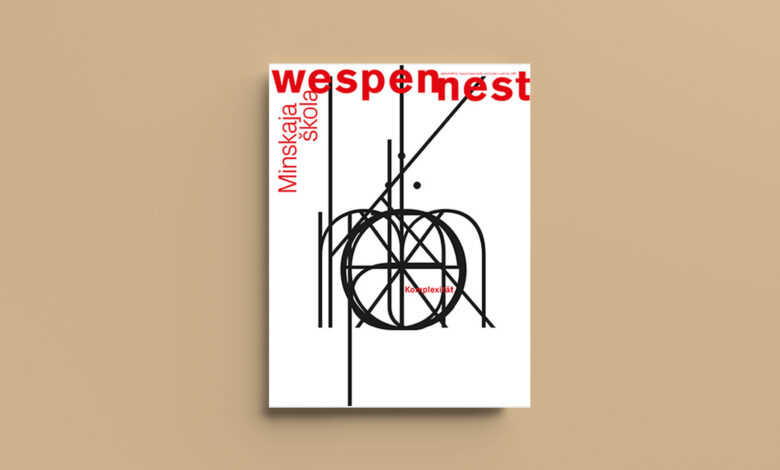
Complexity | Eurozine
In Wespennest, complexity scientist Stefan Thurner speaks to editor Andrea Zederbauer and literary scholar Thomas Eder about our evolving understanding of complex systems. A complex system consists of many elements that interact with and influence one another: ‘The essential thing in a complex system is that not every component interacts with every other component in exactly the same way, but…
Read More »
